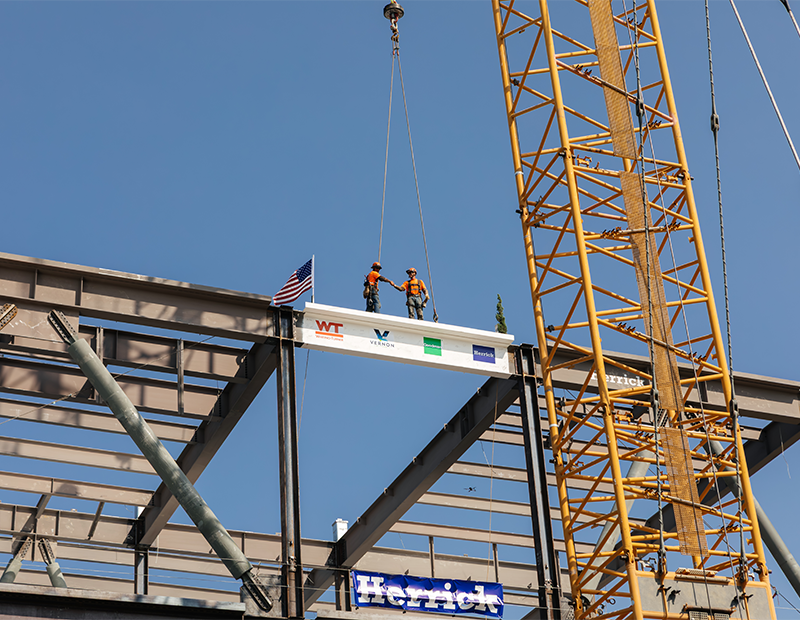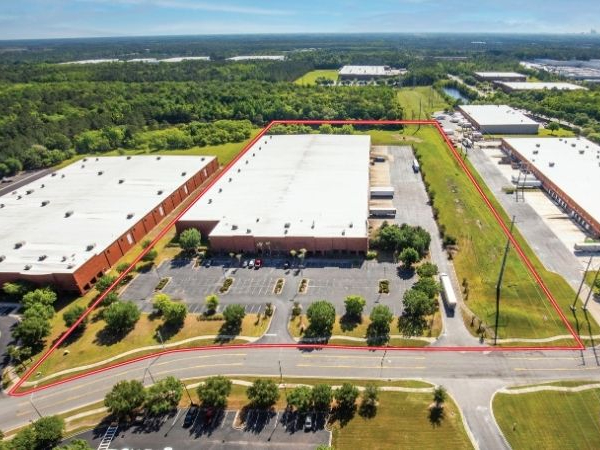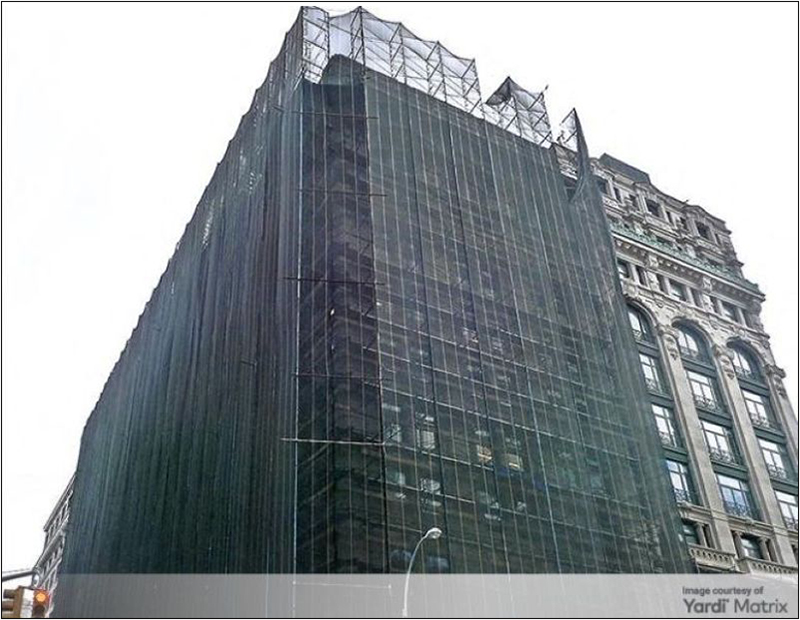How to Keep an Amazon From Walking Away
The failure of New York City officials and the ecommerce giant to clearly communicate the benefits of the Long Island City HQ2 has resulted in the loss of a huge number of future jobs, according to attorney Peter L. Curry. Here's how economic development agencies and companies can do better.

Peter L. Curry
There is no question that Amazon’s decision to abandon its deal for a New York City-based HQ II has dealt a serious blow to potential economic development in the city. While we certainly can debate the merits of the opposition’s arguments, the simple fact is that an opportunity has been lost to create 25,000 high-paying jobs, along with an estimated 125,000 (or more) additional indirect jobs in the ecosystem that would have grown up around Amazon. Lost, as well, is a chance to cement New York City’s role as a world-class innovation center.
The more serious issue, however, is whether the opposition’s “victory” in the case of Amazon will have far-reaching negative implications for future economic development deals in the New York City area. Corporate relocations on an Amazonian scale are few and far between―but there are hundreds, if not thousands, of much smaller projects that could be imperiled by a shift in the attitudes of the public and policy-makers away from supporting economic development deals. To win support for future projects, companies large and small, as well as agencies, will need to communicate the benefits of these deals to the public in a transparent, readily understandable manner.
The Value of IDC Projects
If we look at all projects supported by New York State’s various industrial development agencies, it is clear that the benefits far outweigh the cost to taxpayers. In 2016, for example, the state had 109 active IDAs, supporting a total of 4,451 projects valued at $95.6 billion. The projects were slated to create more than 234,000 new jobs, retain another 311,000 jobs, and create 40,500 temporary construction jobs. Although the projects were supported with $1.3 billion in aggregate tax exemptions, this sum was partly offset by $606 million in payments in lieu of taxes, so that the net tax exemptions totaled $715 million.
To illustrate the value that a typical IDA deal can bring to a community, consider a project involving one of our firm’s clients, a global leader in diagnostic bioscience technology. The company wished to embark on a $13 million project involving the expansion of facilities in one of New York’s outer boroughs, along with installation of smart manufacturing and other technology upgrades, and sought to secure related economic development benefits. The economic development agencies granted incentives totaling some $5.5 million for the project, including the purchase of discounted electricity through the New York Power Authority’s ReCharge New York program. These economic development incentives will allow the company to develop a corporate campus across three adjacent properties, creating or retaining 460 high-paying jobs.
Emboldened Opposition and Lessons Learned
There is reason to be concerned that the same sort of public opposition that drove Amazon to reverse its plans may be emboldened to protest other business relocation or expansion projects in the future―even ones that entail far less “generous” incentives than the billions offered to Amazon. Economic development projects in New York State already face major hurdles, including: a difficult application process for building on vacant property, potential prevailing wage regulations, high energy costs, and a lengthy interval between completion of the development process and receipt of all of the agreed-upon benefits. These and other factors make it hard to attract new businesses or convince companies to expand locally rather than pick up and move elsewhere.
What can IDAs and the companies learn from the Amazon debacle, to prevent opposition to future projects? The key lesson is that good communication and transparency are essential.
For IDAs, it is important to emphasize in public communications that the incentives associated with projects are not outright gifts, but are subject to a company’s ability to deliver on specified job creation over a period of time and other targets. Opposition to the Amazon project seems to have focused largely on the supposed “giveaway” of $3 billion in tax incentives for the company, as though New York would deliver a check in that amount at some closing. Advocates also raised concerns about the impact on housing affordability, the transit system, and other parts of the city’s infrastructure. Proponents of the move disseminated too little concrete information about the massive economic growth resulting from the relocation. Helping the public understand the performance-based nature of incentives is a good start.
Companies, too, need to interact with the public in a more transparent manner. They should seek as much public involvement as possible (no matter how much they might prefer to avoid possible confrontations), and offer forums to address community concerns. If information is not disseminated openly and available for discussion, the public will draw the most negative inferences.
It is also important for companies to “personalize” their projects. Most economic development projects do not involve attracting a global giant like Amazon, but rather enable the retention or expansion of a modestly-scaled business that may have been part of the community for years. Companies should make sure the public knows about the positive “human” aspects of their business, such as whether they are leaders in diversity and inclusion or pioneers in creating life-saving medical devices. If a company can be seen not as a monolith, but as a collection of well-meaning people, who contribute to the betterment of the local community, there is a greater chance that the community will welcome their retention or expansion.
The Amazon reversal signals that opposition to large-scale economic development projects will likely become more forceful in the future. But, even the more typical, smaller scale deals may be endangered. More open, transparent and effective communication by development agencies and companies, coupled with media coverage by reporters who are educated about the process and benefits, will be important in defusing this opposition. Without this, many companies may have to reconsider vital projects, and communities will pay the price in lost opportunities for economic growth, jobs and increased tax revenue.
Peter L. Curry is real estate and economic development partner at Farrell Fritz, P.C.







You must be logged in to post a comment.